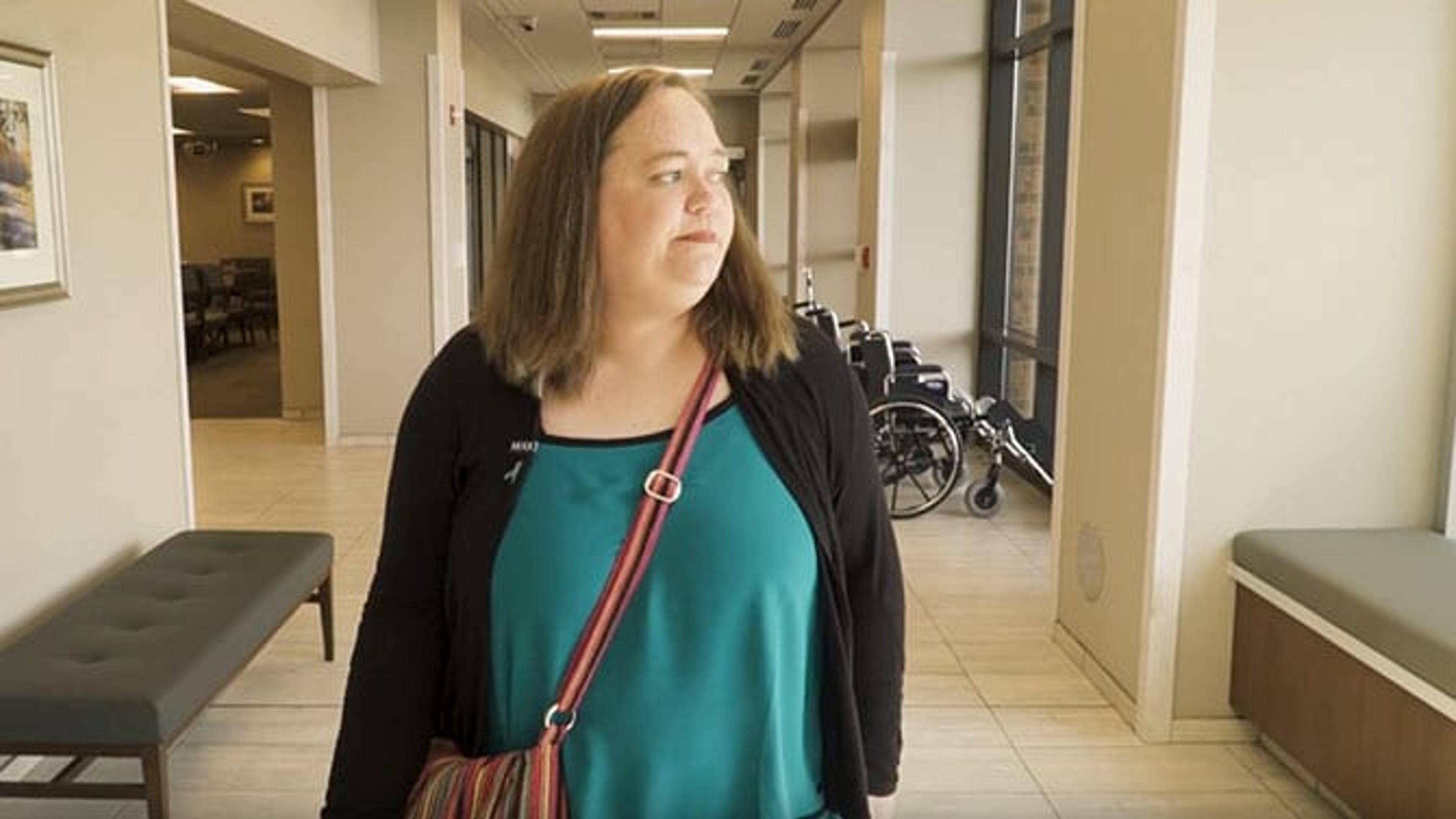The Difference between MD, DO, PA, RN and More, Explained
Dr. S. George Kipa, M.D.
| 3 min read
Medical Officer

When most people go to the doctor, they assume they’re going to see an MD, but that’s actually just one of the many kinds of medical professionals who can help you stay healthy.
A team consisting of doctors (they take the lead in your care) and nurses, physician’s assistants and specialists all work together to keep you well and treat illnesses. But while the result is a team of caregivers, that can also lead to some confusion.
With that in mind, here’s a very brief review of some of the medical professionals who might treat you in hospitals, clinics and doctors’ offices:
Medical Doctor (MD) and Doctor of Osteopathy (DO)
These are the two main types of physicians who will lead your health care team. The main difference is whether the medical school was an MD school (the majority of them are) or a DO school. If your doctor has a DO degree, he or she has been educated with a holistic view of medicine and may have been trained to perform a form of spinal manipulation called osteopathic manipulative treatment.
Both MDs and DOs have similar education requirements (four years of college, four years of medical school, a one-year internship and usually two years of residency) and can work as primary care physicians in general medicine and family medicine. An MD and DO can also become a specialist in an area like cardiology or gastroenterology by completing even more education (residency or fellowship) in that specific field. Physicians who choose surgical residencies go on to practice general surgery and can also do fellowships and further specialize in fields such as cardiac surgery or neurosurgery.
Physician Assistant (PA)
A PA usually needs to complete a four-year college program and another two to three years of post-graduate education. PAs don’t go through formal internship or residency programs but usually have several years of experience in areas related to health care such as military paramedic or Emergency Medical Technician (EMT) experience. PAs perform many clinical tasks to assist physicians, such as ordering tests, helping in a surgery, diagnosing illnesses, prescribing medicine and more.
Registered Nurse (RN)
A RN is a clinician with a nursing degree who has passed a licensing exam. RN roles have evolved considerably over time and now may include direct patient care in inpatient and outpatient settings and also administrative functions and quality assurance. They are often in charge of monitoring patients, taking vital signs, administering medications, documenting the patients’ history and more. They may also specialize in areas such as anesthesia and become a Nurse Anesthetist (CRNA).
Nurse Practitioner (NP)
Also called Advanced Practice Nurses, NPs are RN’s with a masters or doctoral degree who have undergone advanced clinical training that enables them to practice (with physician backup) in primary care, acute care and long-term care environments.
Licensed Practical Nurse (LPN)
LPNs (also called Licensed Vocation Nurses) aren’t required to have completed a four-year college. Instead, they train for one year at a community college or vocational school and get licensed by their state. They work under the direction of a registered nurse, licensed physician or dentist.
Medical Assistant
This profession requires a two-year associate’s degree. They assist physicians, often in outpatient or ambulatory care facilities, and are cross-trained to perform both clinical duties as well as administrative ones (like arranging hospital admissions and laboratory services and handling correspondence, bookkeeping and billing).
Head here to learn more about these categories and state regulations and licensing requirements. And check out these other posts for more insight into what goes on behind the scenes at the doctor’s office:
Keep reading:
- What is Visceral Fat?
- Chronic Kidney Disease Signs, Symptoms, Risk Factors and Tests
- What Does it Mean to Eat Clean?
Photo credit: Getty Images





